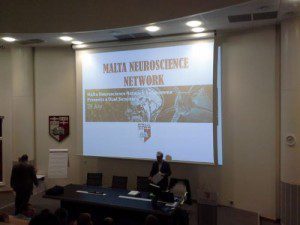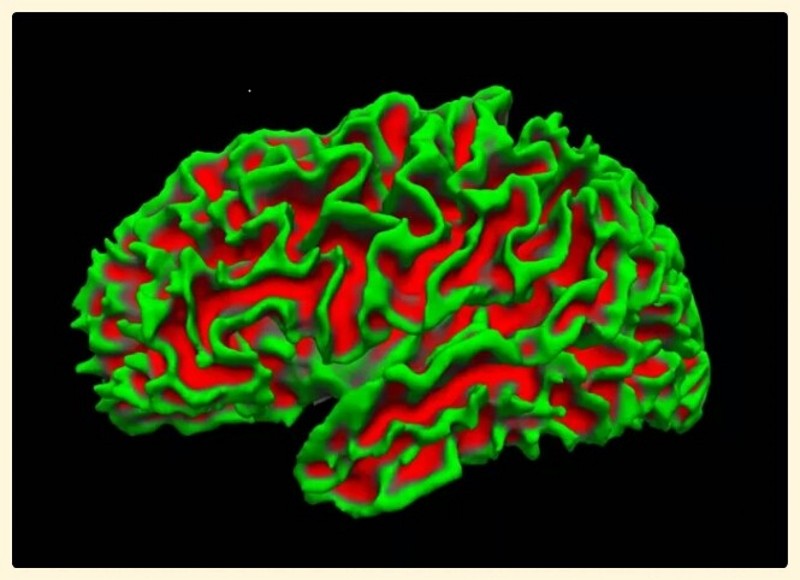By Claude Bajada
In the previous edition of Think, Professor Giuseppe DiGiovanni announced the launch of the Malta Neuroscience Network. The group has now had its first public seminar that attracted neuroscientists, neurologists, psychologists and psychiatrists. It consisted of two talks by world-renowned researchers.

Vincenzo Crunelli is a sleep and epilepsy expert . Crunelli and his team, in collaboration with the University of Malta, investigates interactions between different parts of the brain. The research uses cutting edge techniques such as optogenetics. This uses light shining on the brain to switch on or off nerve cells. His experiments may lead the way to developing new medicines to treat epilepsy.
In the second talk, Robert Fern discussed stroke and cerebral palsy, a condition that leads to lifelong disability. In collaboration with groups in Malta, he researches an area of the brain called the white matter. White matter contains the brain’s wiring (axons) and important brain cells called glia. Fern’s work helps understand mechanisms of brain injury. The ultimate aim is to improve therapy for these debilitating conditions.
For more information about the Malta Neuroscience Network on Facebook and Twitter
View the live twitter feed.





Comments are closed for this article!